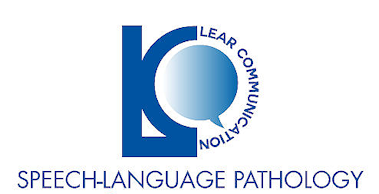Voice Dysfunction – Children
The school years are an exciting time for children, filled with energy and enthusiasm. They cheer for their home team, call out to friends across the playground, and often raise their voices to be heard over the noise of play.
However, frequent shouting or speaking at an excessively high or low pitch can strain the voice. Over time, these habits may cause the vocal cords to swell or develop blister-like growths called nodules, which can result in a hoarse or breathy voice.
Our Treatment Includes
Speech-language pathologists (SLPs) play a key role in assessing and treating children with voice disorders. Fortunately, most voice disorders respond well to short-term intervention, with voice therapy typically involving a combination of direct and indirect treatment techniques.
-
Direct techniques focus on strengthening and optimizing the voice by targeting physiological changes. This may include exercises to control loudness and strategies for using the voice safely during activities like playing or cheering.
-
Indirect techniques emphasize education about how the voice works and promoting healthy vocal habits, such as staying hydrated and reducing vocal strain.
With the right approach, children can develop healthier vocal patterns and improve their voice quality effectively.
Self-Directed Techniques
✅ Limit non-speech noises. Excessive imitation of sounds like car engines, airplanes, or screeching brakes can strain the voice.
✅ Reduce background noise. Turn off the TV or radio to prevent your child from having to speak over loud sounds.
✅ Encourage quiet time. After a busy, noisy day, periods of reduced talking can help rest the voice.
✅ Model healthy voice habits. Speak at a comfortable pitch and volume, and encourage turn-taking in conversations to avoid shouting.
✅ Promote non-verbal cheering. At games or events, suggest using signs, clapping, or noisemakers instead of shouting.
✅ Be extra cautious when sick. If your child has a cold, encourage hydration, voice rest (avoiding whispering), and reducing throat clearing or coughing to prevent vocal strain.
For personalized guidance tailored to your specific needs, consult a speech-language pathologist.




